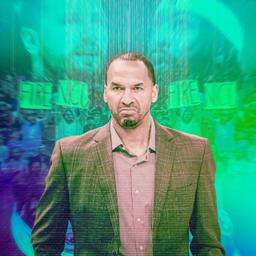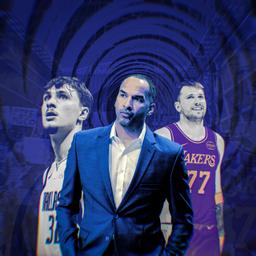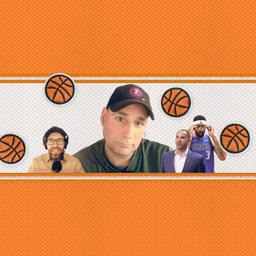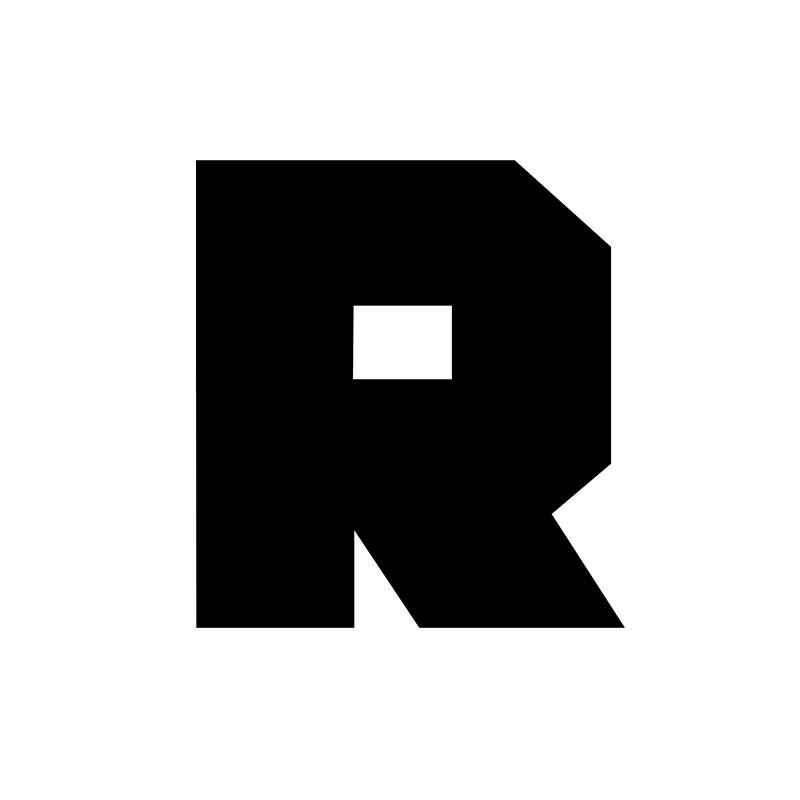Will Nico Harrison’s firing lead to a Dallas Mavericks fire sale? Nine months after making the worst trade in NBA history, the Mavericks find themselves at a once unthinkable crossroads.
Dallas is 3-8 and seemingly going nowhere, while Luka Doncic is nearly averaging a 40-point triple-double with the Los Angeles Lakers. Anthony Davis has played in just 14 of 44 games since arriving, and Harrison’s departure seems to signal that Dallas is ready to tear down everything its former general manager foolishly built. So will Davis be the next to go?
He might be, but we also might have to wait a bit, as AD’s trade value might be the lowest it has been in his 14-year career. But there will still be plenty of calls about his services. When Davis is healthy, he’s still one of the best big men in the league (no. 12 on The Ringer’s Top 100 entering the season) and has the talent to elevate a contender or a young squad.
But which teams will be interested? And what will they be willing to give up for this version of the Brow? To assess the landscape, The Ringer’s NBA team assembled to identify the five most intriguing suitors in the AD sweepstakes.
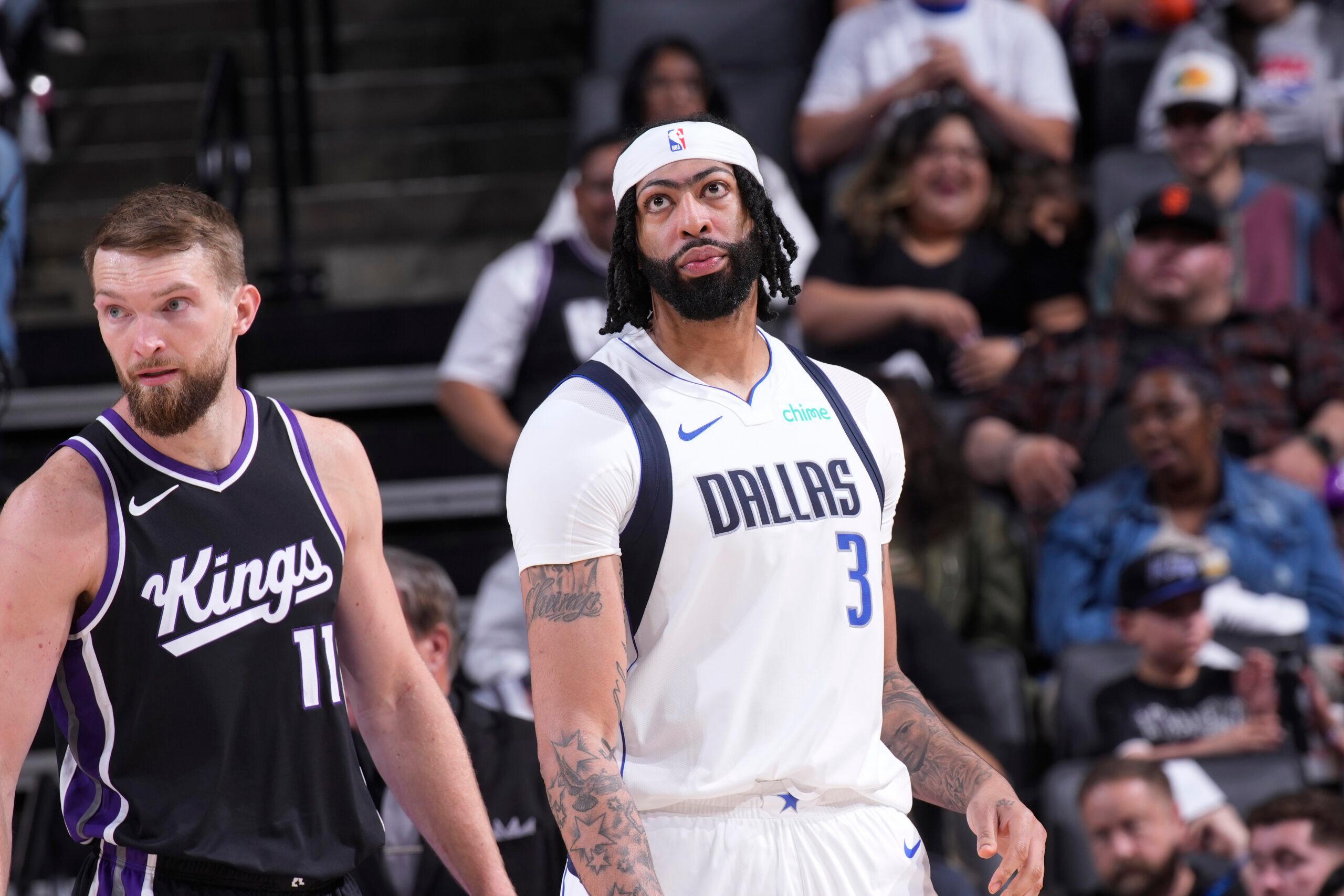
Sacramento Kings
Kings receive: Anthony Davis
Mavericks receive: Zach LaVine, Keon Ellis, and a 2027 first-round pick
Danny Chau: The Kings fan base rightfully sees this bizarre season as an opportunity to raze the team at a foundational level and build up through an exceptionally talented 2026 draft class. The team is composed almost entirely of the kinds of players who eventually become splash deadline acquisitions for contenders looking for some extra offensive punch. The Kings have one of the worst defenses in the league, allowing teams to shoot 70.1 percent from within 4 feet of the basket, a rim-protecting deficiency so glaring that it feels like a feature rather than a bug. This is a Kings team that has the potential to be one of the most egregious tankers we’ve ever seen in the second half of the season.
This is the way. Which is exactly why none of us should be surprised if the team decides to reroll its assets and pair Domantas Sabonis with an elite defender like AD, clinging to a bygone concept of success that has long expired. Coaches and front office regimes change, but the Kings’ bizarre internal logic has been the lone constant. Davis would solve the team’s most apparent on-court issue and give them just enough to make a go at the play-in tournament. The kids call this team the Sacramento Bulls, a nod to both the familiar personnel on the floor and a more long-standing ethos of willful mediocrity. You can trade for Bulls and you can trade them away—but do the Kings have it in them to kill the idea? I'll believe it when I see it. Until then, get ready to learn beam lighting, AD.
Chicago Bulls
Bulls receive: Anthony Davis and D’Angelo Russell
Mavericks receive: Nikola Vucevic, Kevin Huerter, Coby White, and Chicago’s unprotected first-round pick in 2029
Michael Pina: The Mavericks would do this because, with Vooch, Huerter, and White all on expiring deals, it’s an opportunity to get off Davis’s contract without taking a penny back beyond this season. For a team that’s projected to be over the second apron with a $90 million repeater tax bill next season, this is a big deal. Throw in the ongoing conundrum Dallas finds itself in sans control of its own first-round picks in 2027, 2028, 2029, and 2030, and short-term financial flexibility is a must. Dallas would also receive a first-round pick that won’t hit until Cooper Flagg is presumably a 22-year-old All-Star and Davis is 36, possibly on a different team. It might not be the sexiest return, but it makes building around Flagg much easier than it’d otherwise be.
The Bulls, meanwhile, can look at this more from a basketball perspective. They need rim protection, and, when healthy, Davis is more than able to anchor a top-10 defense. Assuming Billy Donovan can convince this hometown hero to play a majority of his minutes at the five, Davis makes enough sense beside a promising young core whose uptempo style can help preserve his body, averaging 25 and 10, making a few more All-Star teams, making a couple fun runs in an Eastern Conference that’s perennially up for grabs.
Is that prognosis a long shot? Probably. And if I’m being honest, the primary reason for including Chicago in this exercise is it just feels like AD is a name that’s too tempting for them to turn down—the aging, overpaid superstar who’s more likely to fall apart than lead them anywhere of significance. But if Josh Giddey and Matas Buzelis keep improving at the rate they’ve shown over the past few weeks, Davis and the Bulls will at the very least maintain their relevance and win a few playoff series. In Chicago, that’s not nothing.
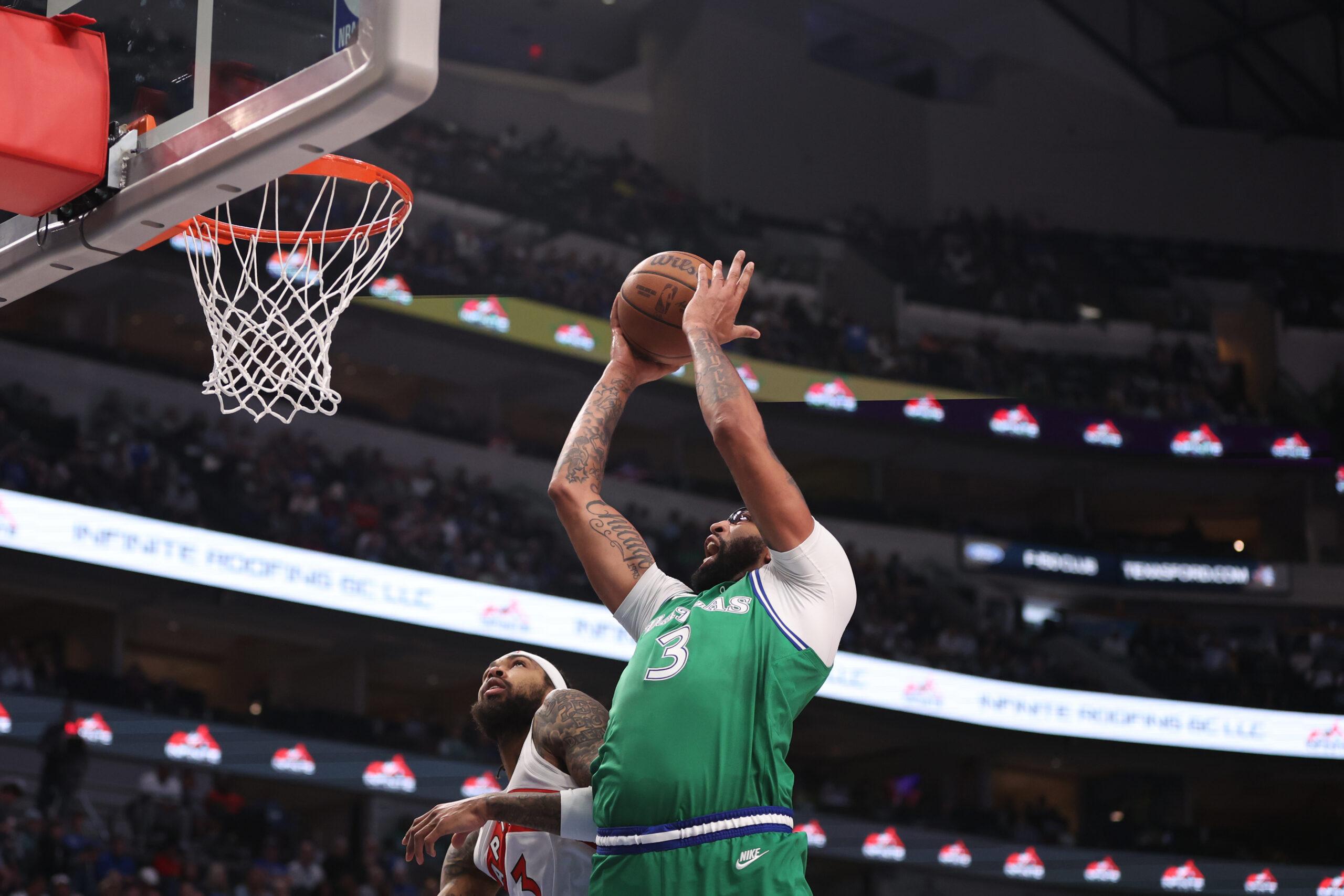
Toronto Raptors
Raptors receive: Anthony Davis
Mavericks receive: RJ Barrett, Jakob Poeltl, and two future first-round picks
Rob Mahoney: The Raptors are building some real momentum for the first time in years, but not so much momentum that it should stop them from dreaming bigger. Starting the season 6-5 is nice. Adding Davis—and throwing the team’s designs into overdrive—would be a whole lot nicer. AD is the kind of big who could transform the Raptors’ interior defense and unlock the swirling versatility of Toronto’s frontcourt. Everything changes when a single player can hold down the structure of the defense. Let Scottie Barnes and Collin Murray-Boyles blow up every possession in their reach. Tell Immanuel Quickley and Jamal Shead to chase and pursue. Davis could help Toronto’s pressure and risk-taking on defense suddenly make sense, in ways that Jakob Poeltl (even if he were healthy) frankly never could.
Poeltl would almost certainly have to be part of a trade for Davis, though, as would another of Toronto’s core contributors. Barrett? Quickley? The money just wouldn’t work without a player of that caliber. Yet the real bait would come from the picks Toronto can offer, considering that the Raptors have all their future firsts at their disposal. Would Poeltl, Barrett, and two firsts move the Mavs? Would it take more? The Raptors aren’t negotiating with Nico Harrison, after all; even if Dallas does look to move AD, new management will undoubtedly drive a harder bargain.
Charlotte Hornets
Hornets receive: Anthony Davis
Mavericks receive: Miles Bridges, Collin Sexton, and three future first-round picks (including the Mavs' 2027 first-rounder)
Isaac Levy-Rubinett: You’re not going to believe this, but the historically inept Charlotte Hornets have quietly and incrementally built a strong basketball foundation. General manager Jeff Peterson has stacked up savvy moves on the margins since taking over in March 2024, and under head coach Charles Lee, the Hornets have developed a modernized offense and sound defensive principles. This season has already been marred by injuries to LaMelo Ball and Brandon Miller, but Charlotte’s trio of rookies—lottery pick Kon Knueppel, firecracker Sion James, and NBA field goal percentage leader Ryan Kalkbrenner—has burst onto the scene to help the team remain fairly competitive.
I’m not saying that now is the ideal time for the Hornets to take a big win-now swing, but I do think that AD likely represents Charlotte’s best opportunity to level up in the immediate future. Davis is a bona fide star when healthy—an elite offensive finisher and the most impactful defender this side of Victor Wembanyama. Teams like Houston, Portland, and Detroit have shown in recent years that surrounding a promising young core with high-impact veterans can have a catalyzing effect on both winning and development. And given Charlotte’s built-in disadvantages in free agency, why not bring in a proven star at a position of need who’s under contract for two more seasons after this one? Best-case scenario, AD helps professionalize this roster and elevate it into the playoff picture ahead of its schedule in a very weak conference. Worst case, he misses significant time with injuries and ties up the team’s books for a few seasons, while still making a positive impact whenever he can play. It’s not risk-free, but the upside outweighs the downside for a franchise that hasn’t been relevant in … forever?
Detroit Pistons
Pistons receive: Anthony Davis and Klay Thompson
Mavericks receive: Jaden Ivey, Tobias Harris, Ron Holland, and Isaiah Stewart
Matt Dollinger: Can the Brow succeed the Fro in Detroit? There’s a lot to like about a potential pairing between AD and Detroit. Most importantly, he’d be an ideal on-court fit next to Cade Cunningham, Ausar Thompson, and Jalen Duren. He could also play the 4, his preferred position, and he wouldn’t be asked to carry the Pistons so much as fortify them—providing the team with an elite defender who also diversifies its half-court offense. Detroit also has the goods to get a deal done, with young players, expiring contracts, and draft picks at its disposal.
But there are plenty of reasons to be skeptical here, too. Davis, as we all know, is an oft-injured 32-year-old. He isn’t worth going all in for (sorry, Nico), but can the Pistons pry him away for a more modest price? Would they even need to give up a draft pick? Would they be willing to trade some of their depth for a top-shelf talent? Or is the mojo so good—9-2 and in first place in the East!—that it would feel reckless to mess with anything? These are the debates. But it’s hard not to get carried away dreaming of a Cade-AD-Ausar-Duren core. That kind of splash would put the rest of the conference on notice.
